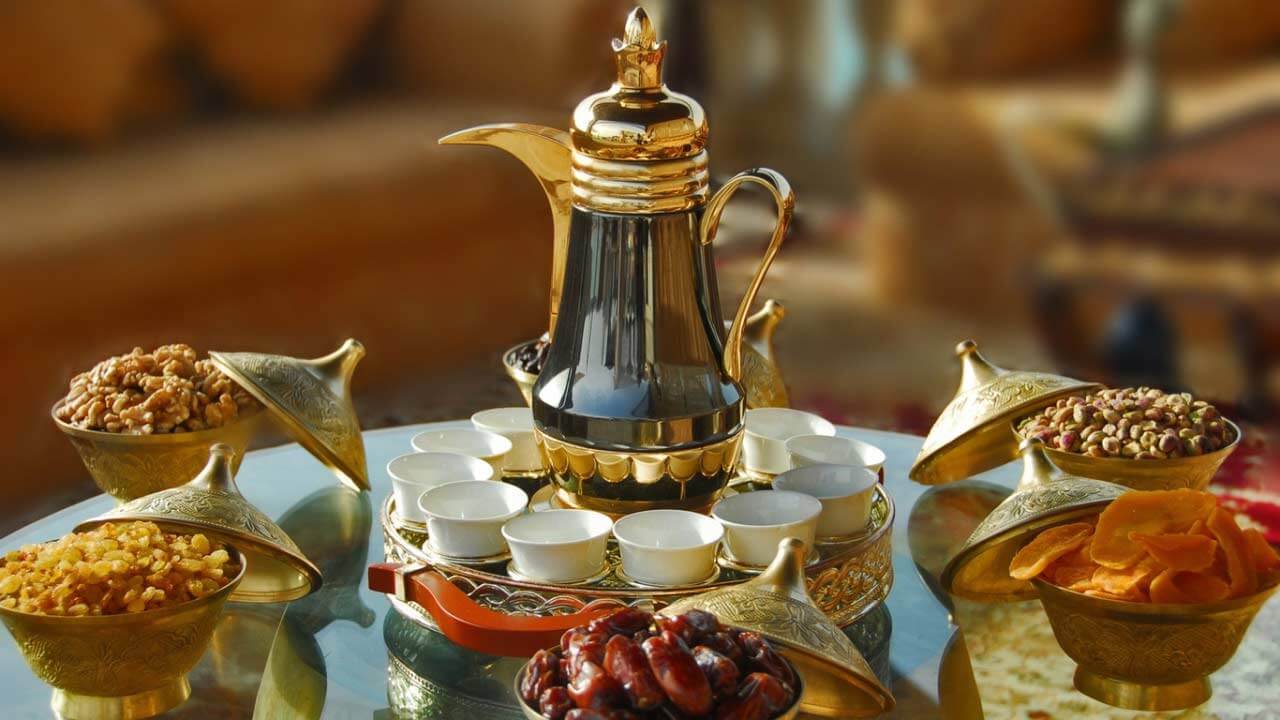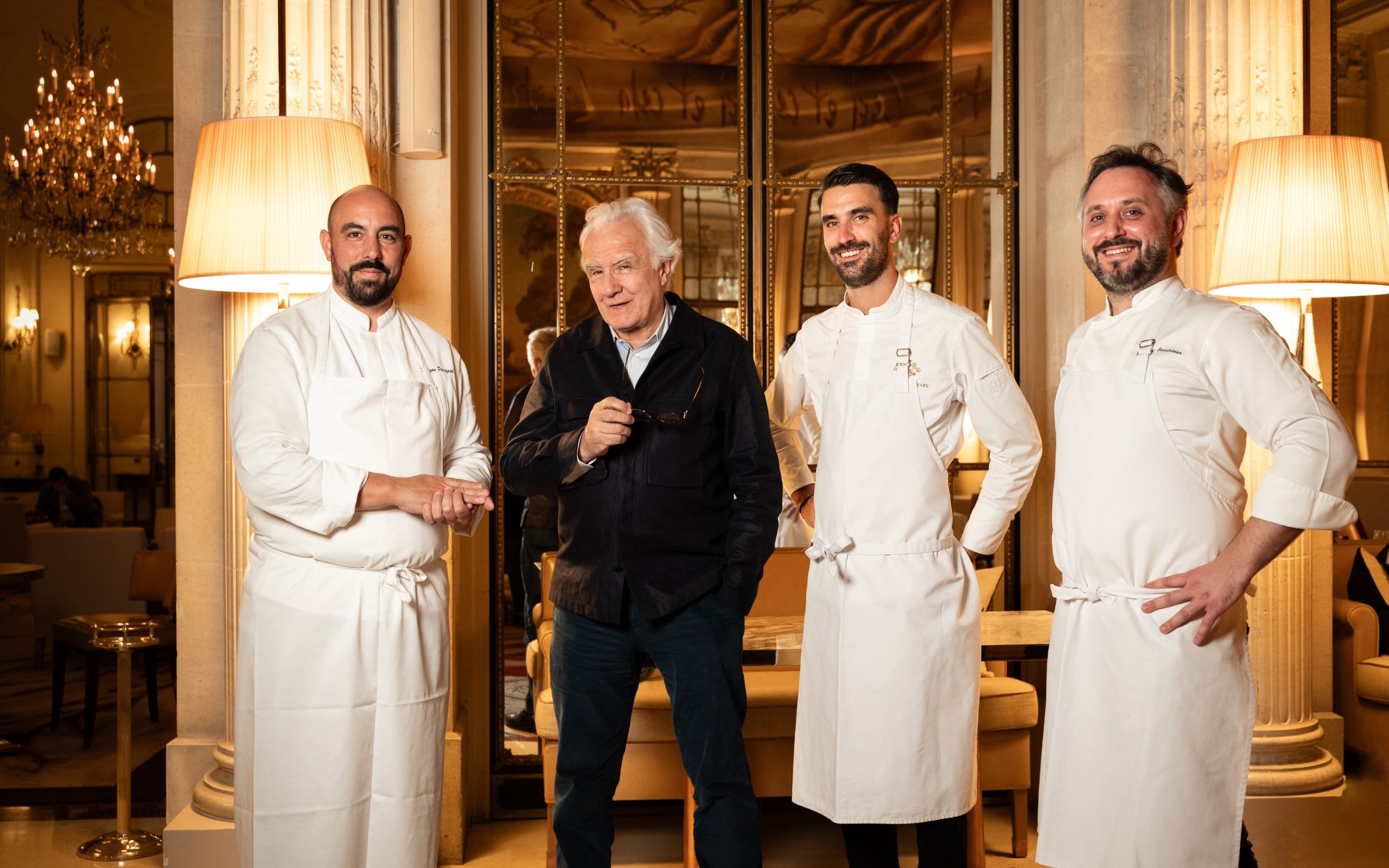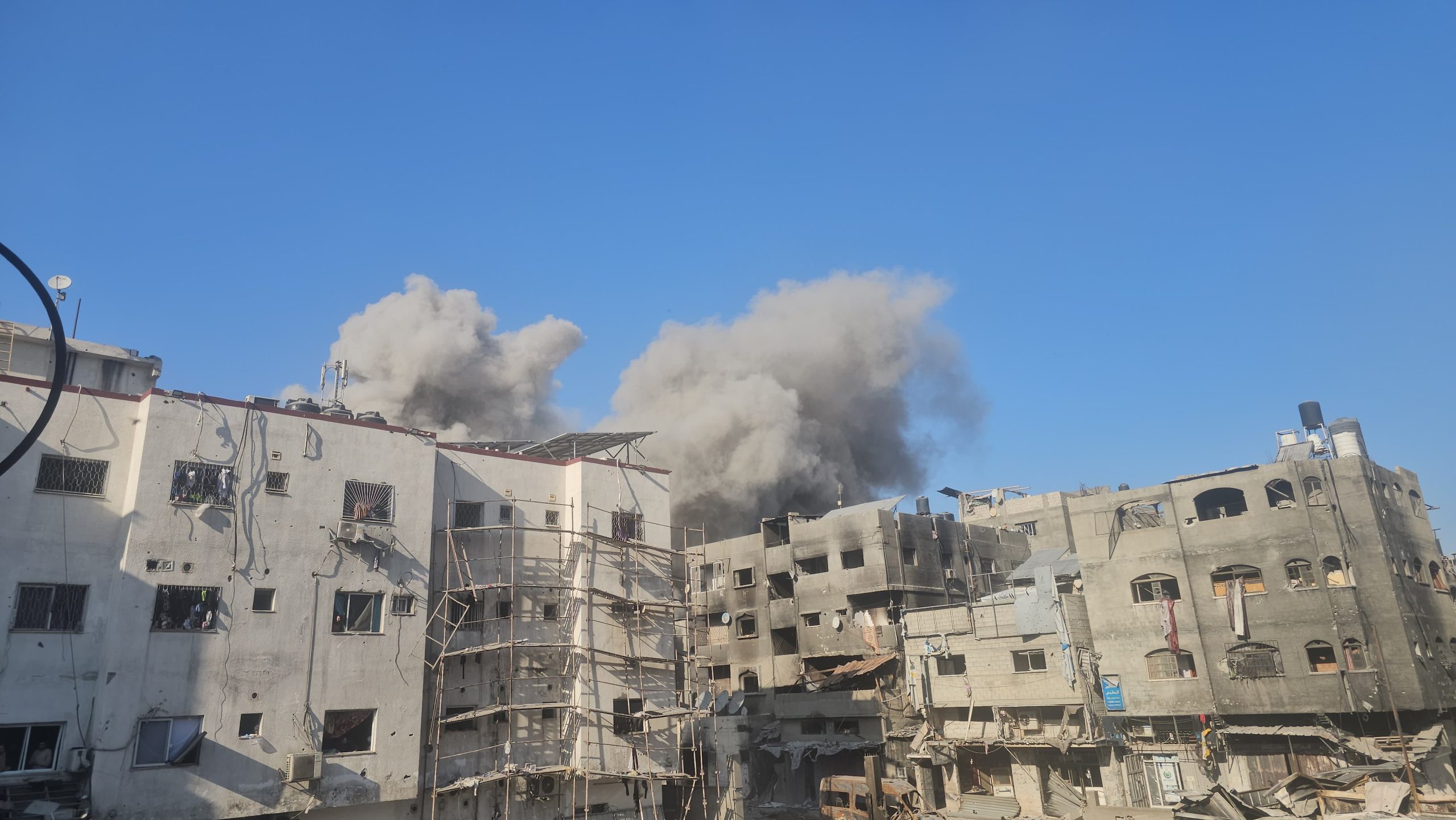Serving Arabic coffee is an important aspect of hospitality and generosity in Arab societies— and here’s why.
If there is one thing visitors to Qatar are deemed to be offered anywhere during their stay, it is a small cup of delicious greenish Arabic coffee, poured right in front of your eyes from a beautiful dalla or flask.
The significance of this small cup lies in its history— a symbol of Arab generosity. Coffee itself is lined with different customs, traditions, and meanings that vary depending n the country.
However, they all work to foster one thing: a culture of celebration and social cohesion, and Arabic coffee is no different.
The beverage is regarded as one of the oldest drinks ever known in the Middle East, and serving it is considered a significant aspect of hospitality in Arab societies and is a long-standing custom that is regarded as a ceremonial act of generosity.
Arabic coffee preparation and consumption are categorised as social customs, rituals, and festive occasions. They are also connected to traditional crafts because a variety of coffee-related items, including the coffee pot, cups, and tools used for coffee preparation, can be decorated.
Where it all began
Arabica coffee is thought to have originated in Ethiopia, where it may have been consumed as early as the ninth century. A well-known local legend narrates that a goat herder named Kaldi noticed how his goats became more active when they chewed particular beans. This piqued his interest, and he experimented with the bean to learn that it was possible to make an energising beverage using them.
The beverage made from Arabica coffee beans evolved over time, and six centuries after that, it made its way to North Africa and the Middle East. There, it quickly gained popularity at lavish feasts and formal social gatherings.
How is it made?
The process of making Arabic coffee itself is somehow linked to performing arts. Those who grind the beans, which are often Yemeni, tend to sing while roasting them in a shallow metal pan set over the fire and stirring until they change colour.
They are then ground in a stone grinder that also has a small hole in the centre. Finally, the coffee grinds are added to a pot of water that is boiled and poured into a serving pot known as a Dalla. This is how coffee is traditionally made in front of guests.
The coffee is typically brewed with cardamom but, on occasion, other spices like saffron are also added to give it a golden color. It is always served piping hot in very small cups without handles and has a slightly bitter flavor because there is typically no sugar added. Dates are also typically served with coffee.
It is often then served at gatherings such as parties, weddings, and majlis, and it is customary for the host to provide the guest with the coffee.
Folks & tales
Arabic coffee, its significance, and its customs and traditions are the subject of many proverbs, riddles, and folktales. For instance, when people are in conflict, drinking coffee together frequently denotes that their issues have been resolved. In a way, it brings people together.
Present-day hospitality still places a high value on serving Arabic coffee, which is associated with other traditions and customs and is frequently the first item to be served to guests.
Etiquette
After the coffee is ready in the Dalla, the host files a quarter of a cup and serves it to the most important or senior guest in the gathering, followed by the rest.
A quarter of the cup is filled for the most significant or senior guest and can then be refilled. It’s customary to consume at least one cup but no more than three.







